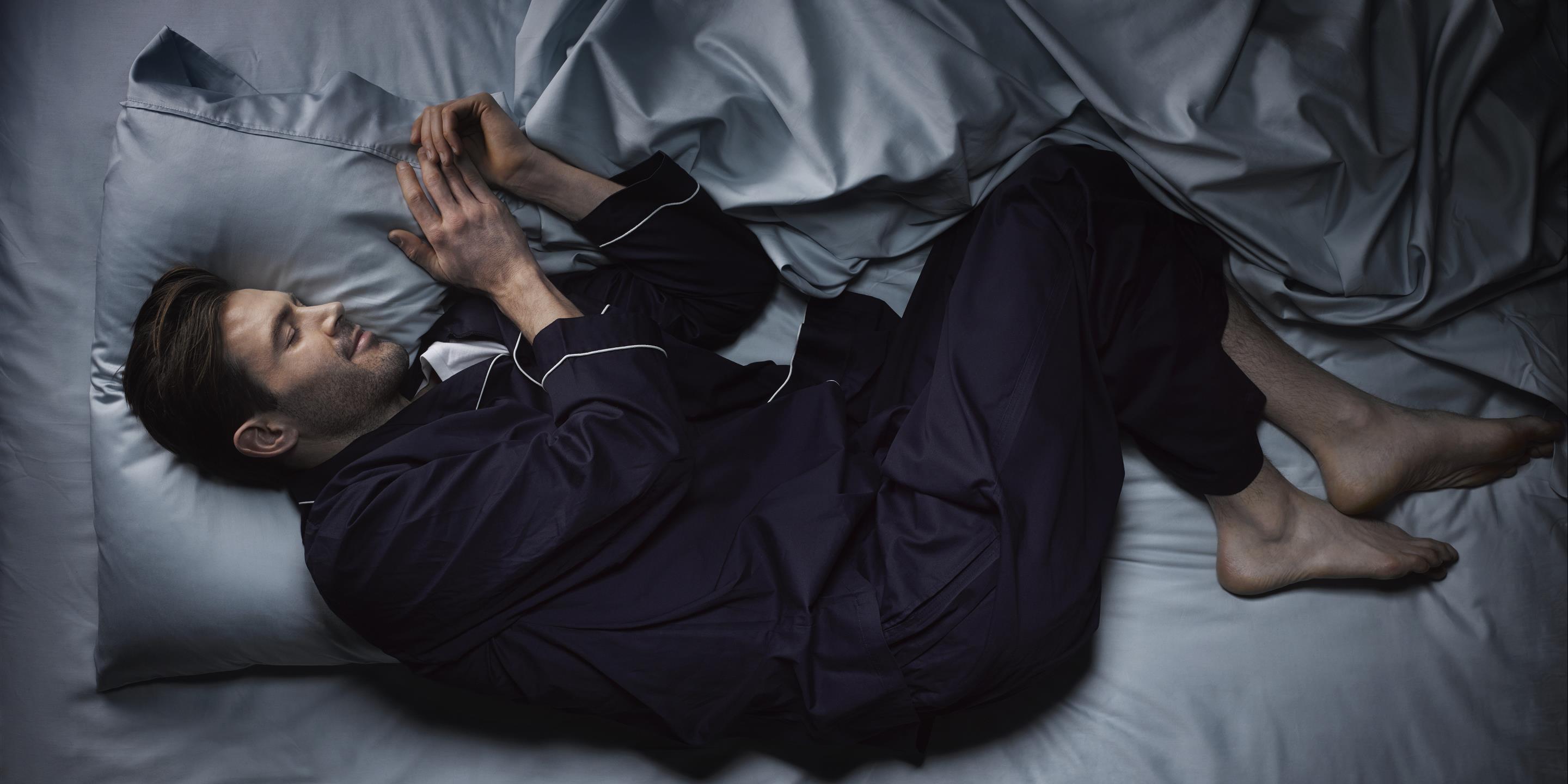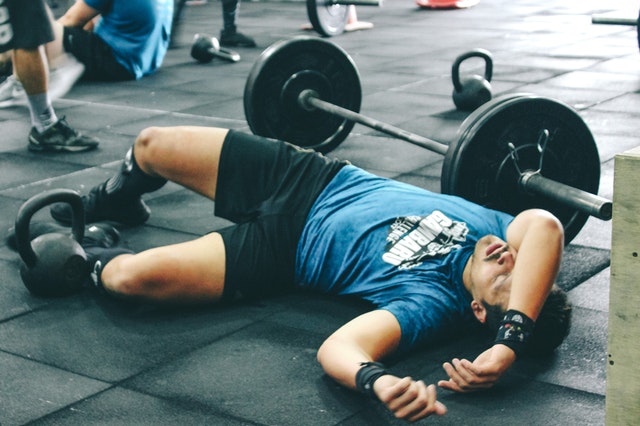Sleep In vs Exercise: Here’s what new research says-
Find out if it’s better to snooze or lace up those shoes.
Karla Walsh; Reviewed by Jessica Ball, M.S., RD

Getting enough sleep ranks right up there with eating a balanced diet, moving your body and not smoking as some of the most crucial pieces of the wellness puzzle. But if we have to choose to sacrifice one of those for the other—say, ditch an hour of sleep to sneak in a sweat sesh after that movie kept us up too late last night—should we?
Scientists dove into this exact topic for a new study published in the June 2021 British Journal of Sports Medicine and the results are pretty eye-opening. After crunching the numbers from more than 380,000 middle-aged men and women enrolled in the UK Biobank research group, the study authors determined that higher levels of physical activity might be able to counteract the negative health impact of poor sleep.

The authors add that exercise and high-quality sleep definitely have synergistic effects on health (translation: your best bet is to prioritize both when you can), yet they summarize their findings in the paper: “Poor sleep was associated with a higher risk [of] all-cause and cause-specific mortality, and these risks were markedly exacerbated among participants with insufficient [exercise].”
The major finding of this research is that sleep and physical activity are intertwined, says Jessica Ball, M.S., RD, EatingWell‘s assistant nutrition digital editor.
“You need both pieces of the puzzle to feel and function at your best. If you are super-active but don’t sleep, it could be hurting your health in the long run. Also skipping activity entirely led to worse health outcomes regardless of sleep. It’s all about finding the balance of rest and activity that works with your life and that you can be consistent with,” Ball explains.
Dating back to 2009, on average, the researchers gathered questionnaires, interviews and physical measurements from the participants through May 2020. They looked at their starting health condition, lifestyle habits and family history. Then, the authors summarized activity data using metabolic equivalent task minutes, which are related to how many calories different exercises generally burn. Read more from Eating Well.





